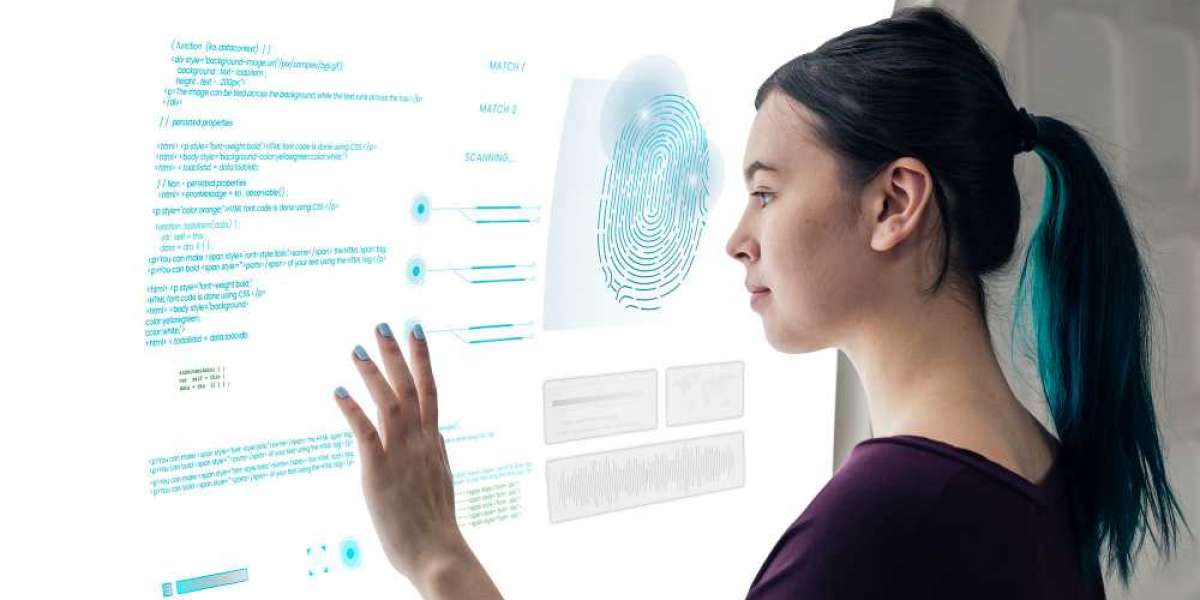The increasing use of biometric authentication technology raises several key privacy concerns. Here are some of the main issues:
Irrevocability:
- Once biometric data, such as fingerprints or facial scans, is compromised, it cannot be changed like a password. If the data is stolen, individuals may face lifelong privacy risks.
Data Security:
- Biometric data needs to be stored securely to prevent unauthorized access. If a database is breached, it could lead to serious privacy violations and potential identity theft.
Biometric Data Misuse:
- There is a risk that collected biometric data could be used for purposes other than authentication, such as tracking individuals without their knowledge or consent.
Surveillance Concerns:
- Widespread use of biometric technology in public spaces raises concerns about constant surveillance. Facial recognition, for example, could be used by governments or private entities to track individuals' movements without their knowledge.
Lack of Standards:
- The absence of standardized regulations and protocols for biometric data collection and storage can lead to inconsistencies in security measures, making it challenging to protect individuals' privacy uniformly.
Biometric Template Storage:
- Storing templates derived from biometric data rather than the raw data itself is a common practice. However, if these templates are compromised, they can still be exploited for unauthorized access.
Have a Look: The Benefits of Outsourcing Your PPC Advertising Campaigns
Informed Consent:
- Users might not be fully informed about how their biometric data will be used, stored, and who will have access to it. Informed consent is crucial to respecting individuals' privacy rights.
Cross-System Matching:
- There is a risk of cross-system matching where biometric data collected by one entity is used by another without the user's knowledge or consent, leading to an extended invasion of privacy.
Algorithmic Bias:
- Biometric systems may exhibit biases, particularly in facial recognition technology, leading to misidentification or discriminatory outcomes, disproportionately affecting certain demographic groups.
Government Surveillance and Civil Liberties:
- The use of biometric technology by government agencies for surveillance purposes can infringe on individuals' civil liberties, raising concerns about mass surveillance and the erosion of privacy rights.
Addressing these concerns requires a combination of robust security measures, ethical considerations in deployment, and comprehensive legal frameworks to ensure responsible use of biometric authentication technology while safeguarding individuals' privacy.








